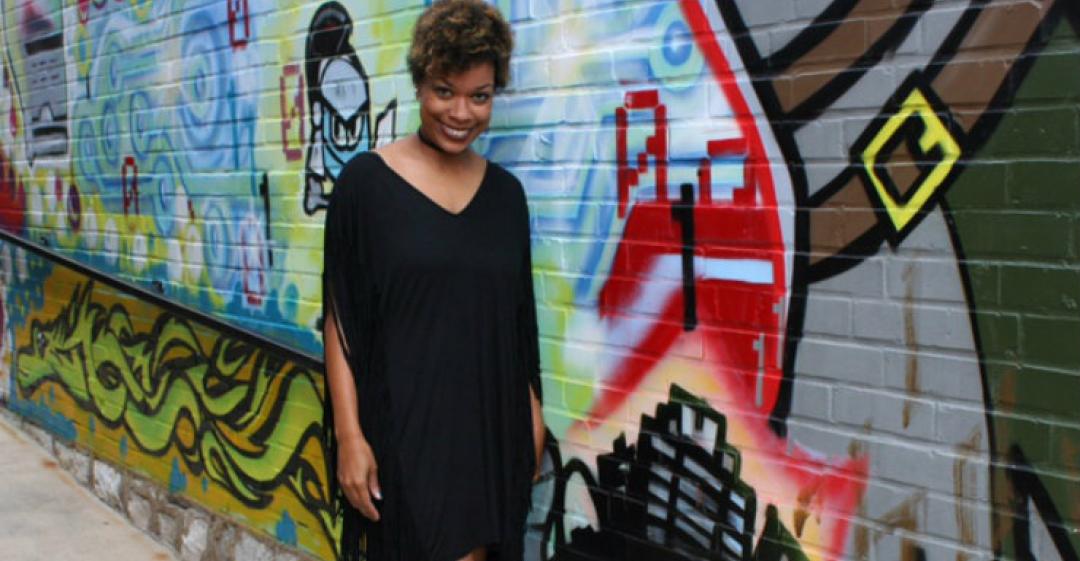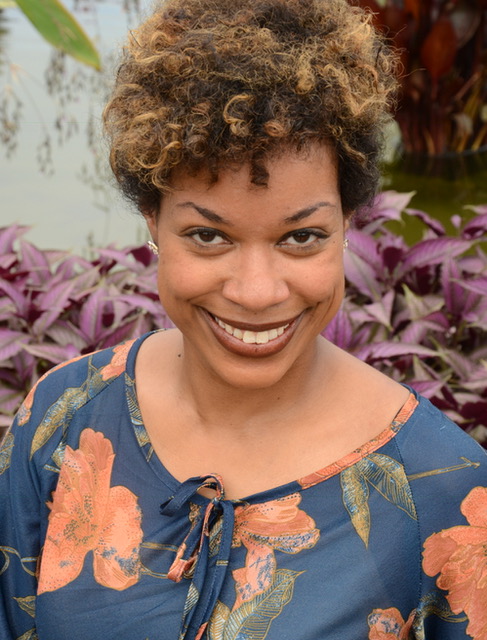“I began to feel trapped, confused, and sad. I'd lost my zest for life.”

What work were you doing previously?
I was a psychologist.
I did therapy and psychological evaluations with adults in nursing homes and assisted-living facilities. I worked mainly with people who had disabilities – either physical or mental.
I provided emotional support, but it was extremely draining. It also became hard to be surrounded by so much pain and sadness.
What are you doing now?
I do fashion marketing for a footwear company.
I do things like designing emails, writing product descriptions, crafting clever newsletters to retailers about our products, and making materials for special events.
I also do freelance fashion writing and styling. My work has appeared in several blogs and publications.
Why did you change?
I began to feel trapped, confused, and sad. I'd lost my overall zest for life.
Doing creative projects made me feel alive. I knew I needed to find something I could do on a daily basis that brought me joy.
When was the moment you decided to make the change?
There were several 'Aha' moments.
One came when talking with a former supervisor. He spoke about a client he had worked with for ten years and my heart dropped. When I realised that I could be doing the same work with the same people for the next ten years, I knew I had to do something.
At one point, I also had a scheduled surgery that required six weeks of recovery. When my health improved and I was told that I no longer needed the surgery, I was devastated. The thought of returning to work was unbearable. When I finally admitted to myself that I was miserable in my field, I dug deep and found the courage to change.
There was also an 'Aha' moment when I realised that (gasp) I didn't have to do this for the rest of my life. That sounds so obvious, but it took years to allow that thought to enter my mind.
Are you happy with the change?
100% yes.
Quitting my job as a therapist was one of the happiest moments of my life.
What do you miss and what don't you miss?
I don't miss anything about being a psychologist.
How did you go about making the shift?
I went to a career counsellor.
I was scared to veer too far from my path, so I looked into similar fields, like human resources and recreational therapy. However, I kept bringing up my 'pipe dream' of working in fashion, and my career counsellor recommended that I give it serious consideration before writing it off.
I enrolled in Fashion Merchandising classes at a local college. I signed up for fashion-related volunteer opportunities. I did a couple of unpaid internships to build up my CV. I started a fashion blog to establish myself as an 'expert' in the industry.
What didn't go well? What 'wrong turns' did you take?
I'm not sure I took any 'wrong turns', but I had a few different job descriptions within the fashion industry before getting into marketing.
I was open-minded and took each opportunity, considering them necessary experiences that would help me reach my ultimate goal.
How did you handle your finances to make your change possible?
I continued working in psychology part time while I had the internships and other part-time positions.
I wasn't able to quit psychology completely until I had a full-time fashion marketing job.
What was the most difficult thing about changing?
Other people weren't as excited (at first) about me changing careers as I expected them to be.
I have a doctorate in psychology, and most people had a difficult time opening up to me doing anything else. Most people see being a doctor as 'the top', career-wise, so wanting to do anything else is sometimes viewed as a step down. As odd as it sounds, me changing careers seemed to create a sense of loss for some of my family members.
I was also afraid to make a change because no one ever encouraged me to do something else. "Everyone hates their job," or "it's a pay cheque" were the kinds of responses I got if I dared admit that I was struggling. I really thought that because I committed to a certain path at 22, I had to stick with it indefinitely. I knew people that didn't hate their jobs though, and started to wonder why I couldn't be one of those people.
In addition, I felt a tremendous amount of guilt about leaving a job in the helping profession. I had to fight against feeling selfish for wanting a job that brought me personal happiness.
Starting over in a new field is also tough because you have to pay your dues all over again. Many of my supervisors have been much younger than me, and even though I am highly qualified to do a lot of things, I still have to prove myself before I can move up the ladder.
What help did you get? 
My career counsellor was probably the most helpful in getting the ball rolling.
Once I started garnering success in my new field, my family expressed pride.
What resources would you recommend to others?
Career counselling can be helpful, or at least visiting a career centre if you can't afford ongoing counselling.
What have you learnt in the process?
I've learned that it's never too late to change your mind.
My happiness is ultimately up to me. I won't fall into the trap of staying in something that's wrong for me to try to please other people.
Also, patience is key. I wanted to change careers immediately, but it took three years to finally put my previous career behind me.
What do you wish you'd done differently?
I wish I hadn't waited so long to make a change.
What would you advise others to do in the same situation?
Go back to school to build up your skills and your CV.
I knew that I wouldn't be taken seriously without showing a true commitment to my career change; I didn't want potential employers thinking that fashion was merely a 'side job' or 'novelty job' for me.
Make sure to rewrite and tailor your CV to be about your skills.
Take every opportunity you can to get experience in your new field, even if it's unpaid. Don't give up!
What lessons could you take from Carmen's story to use in your own career change? Let us know in the comments below.



